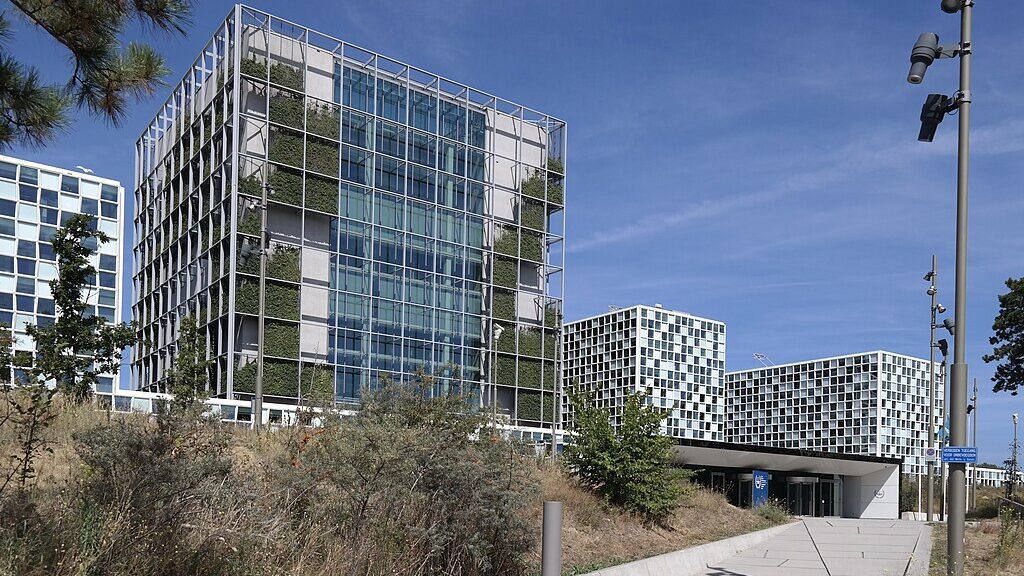
International Criminal Court in The Hague
Photo: Choinowski, CC BY-SA 4.0, via Wikimedia Commons
Late on Thursday, October 21st, the International Criminal Court (ICC) issued arrest warrants for Israeli Prime Minister Benjamin Netanyahu and former Israeli defence minister Yoav Gallant.
The court claims that there are “reasonable grounds” to suspect that the politicians bear “criminal responsibility” for alleged war crimes during the Israel-Hamas conflict. Specific charges include the war crime of starvation as a method of warfare, and the crimes against humanity of murder, persecution, and other inhumane acts.
In response, Tel Aviv calls it the “New Dreyfus case” driven by antisemitism. Despite previous lukewarm support for Israel, the now outgoing Biden administration concurs, calling the warrant “outrageous.”
Other nations have thrown their support behind it. The action quickly acquired the backing of British Prime Minister Keir Starmer, among others, whose Downing Street spokesperson cited the “legal obligations” that mean either Israeli politician would be arrested on arrival in the UK. France, Italy, and the Netherlands all released statements backing the ICC decision.
Hungary’s prime minister Viktor Orbán, holder of the rotating European Union presidency, called the decision ‘outrageously brazen’ and said the judgement “will have no effect in Hungary”—before immediately inviting Netanyahu to visit the central European nation.
As if to add insult to injury, Hamas leader Mohammed Deif is also cited in the same ICC investigation of “war crimes” in Palestine. Whereas the court might think it creates the illusion of impartiality, it ends up equating Israel—a democracy acting in self-defence—with the antisemitic terror group that broke its own ceasefire to launch a pogrom that killed 1,200 Jews. Moreover, there is a strong chance that Deif will not be brought to trial on account of his probable death earlier on in the war itself.
Since it was founded in 2002, this is the first time the ICC has gone after democratically elected leaders. It also violates its own crucial governing concept of “complementarity,” meaning that the court should only get involved when every other path to justice is obstructed. This description doesn’t apply to Israel, where opponents of government policy have successfully fought it in the national courts.
Critics of the ICC often point to the repressive character of some of the 124 member states responsible for enforcing its rulings. In theory, Netanyahu and Gallant risk arrest and imprisonment if they enter countries that themselves have serious political shortcomings.
